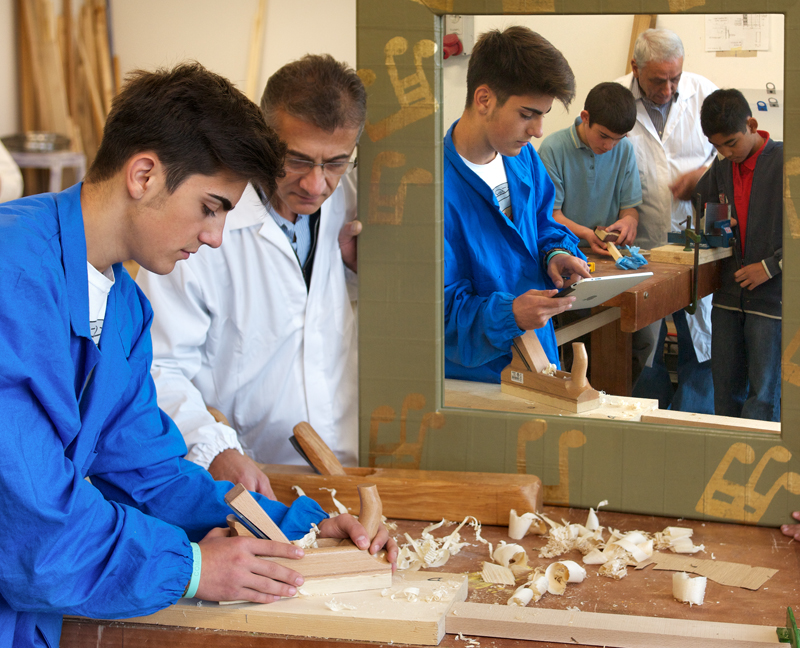
“Skills are a pathway to employability and prosperity. With the right skills, people are equipped for good-quality jobs and can fulfil their potential as confident, active citizens. In a fast-changing global economy, skills will to a great extent determine competitiveness and the capacity to drive innovation. They are a pull factor for investment and a catalyst in the virtuous circle of job creation and growth. They are key to social cohesion” (EU New Skills Agenda 2016).
3ˆ Cometa Social Innovation Conference
May 8th 2017 h. 15.00-19.00
Cometa, via Madruzza 36 – Como
In the daily global challenges of educational and training activities, the importance to help students, mainly young kids, to develop a personal resilience is paramount. New skills for the future jobs are required. This educational paradigm shift implies to change methods, to update competence, to innovate learning processes. Cooperation and co-creation among actors (policy-makers, schools, enterprise, research) become crucial. The Third Cometa Social Innovation Conference aims at concretely address the challenges related to this paradigm shift in the vocational education and training sector, including the new model of School-Job integration implemented by Cometa Formazione.
Guest speakers of this conference edition include Prof. Martin Mulder (University of Wageningen), 2016 award by the European Commission for his research on VET, who will focus on the process of innovation of competence in the context of the work-based learning. Prof. Mario Calderini (Politecnico di Milano) will outline the outcomes and impacts as emerged in a recent assessment of the Cometa school-job integration model. Hans Van Der Loo, expert in STEM approach, will conclude with an overview on the future trends of education in this Exponential Era.
(here a concept note. A wider article, in Italian, is available here, coauthored by Laureen De Palma, Paolo Nardi, Marianna Nicotra and Barbara Robbiani)
Registration at: eventi@puntocometa.org

